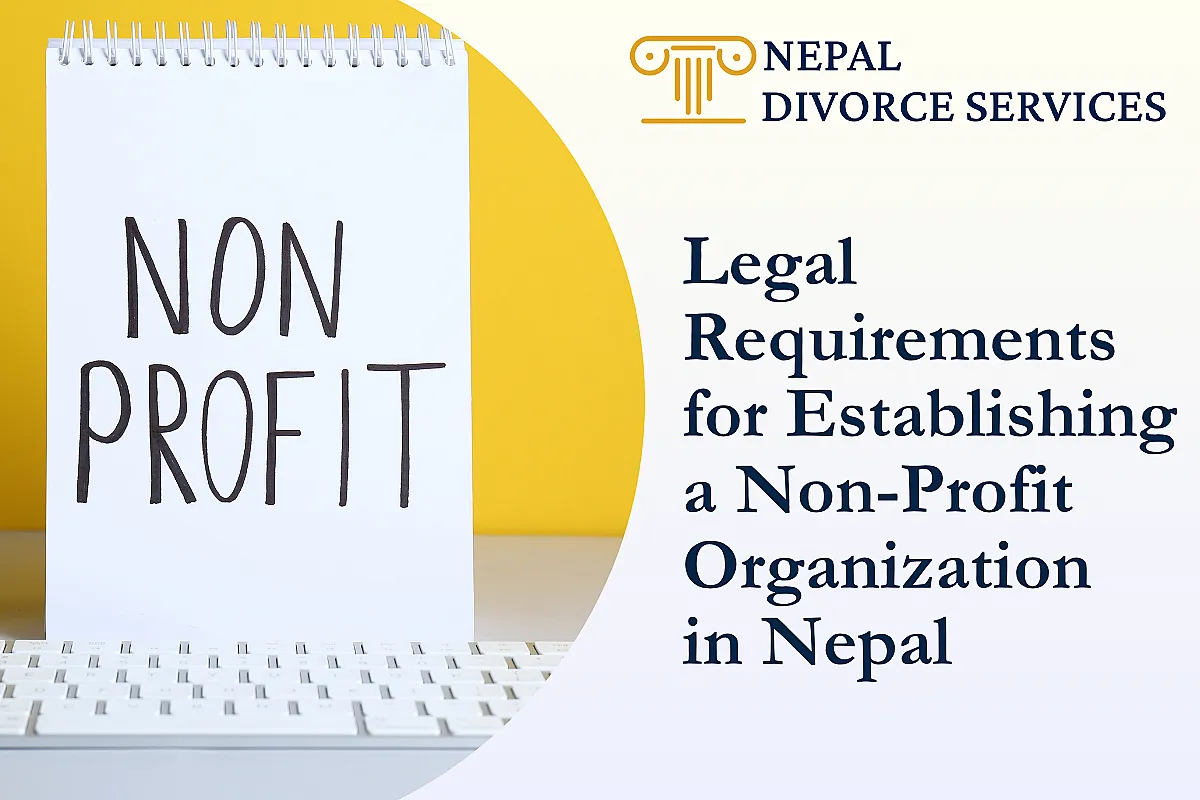Our Blog
- Home
- Blogs
Nepal Employment Termination: A Guide for Employers & Employees
Confused about ending an employment contract in Nepal? This guide simplifies it! Learn the legalities behind termination, including reasons like performance, redundancy, or contract completion. We cover notice periods, severance pay, and employee rights if unfairly dismissed.Employers: Ensure a smooth process following proper procedures.Employees: Understand your rights and how to challenge unfair termination.Both parties: Make informed decisions to navigate employment termination in Nepal effectively.
Legal Requirements for Establishing a Non-Profit Organization in Nepal
Legal Requirements for Establishing a Non-Profit Organization in Nepal are the rules and procedures that govern the formation and operation of non-governmental organizations (NGOs) in Nepal. NGOs are voluntary associations of individuals or groups that are not affiliated with the government or any political party, and that work for social, cultural, educational, religious, charitable or other public purposes. NGOs can be registered at the district level under the Associations Registration Act, 1977, which is the main law that regulates NGOs in Nepal.
Environmental Regulations Law in Nepal
Environmental Regulations Law in Nepal is the legal framework that governs the protection and management of the environment and natural resources, as well as the mitigation and adaptation of climate change. The main environmental law in Nepal is the Environment Protection Act, 2019 (2076), which replaced the previous Environment Protection Act, 1997 (2053). The Environment Protection Act, 2019 (2076) aims to:
Nepal's Draft E-Commerce Bill: A Legal Analysis
Nepal's e-commerce scene is exploding, but a lack of specific regulations is holding it back. The government's draft e-commerce bill aims to change that. This new legislation promises to create a secure and fair online marketplace for businesses and consumers.The bill introduces clear rules for online contracts, cancellations, and product guarantees. It also emphasizes consumer protection through diverse payment methods, transparent delivery timelines, and penalties for non-compliant sellers. The bill opens doors for Nepali businesses to reach global markets by aligning with international standards.The draft e-commerce bill is a crucial first step, but it's not the only factor. Building a thriving e-commerce ecosystem requires government, businesses, and consumers collaboration. Investing in infrastructure, technology, and public awareness will be essential for Nepal to ride the e-commerce wave and become a regional leader in the digital economy.
Nepal's Health Insurance Laws
Health insurance is a type of insurance that covers the medical expenses of an individual or a group of individuals in case of illness, injury, or disability. Health insurance can help reduce the financial burden and risk of health care costs for the insured and improve their access and quality of health care services.In Nepal, health insurance is a relatively new concept that was introduced by the government in 2017 with the enactment of the Health Insurance Act 2017. The act aims to provide universal health coverage to all Nepali citizens by making health insurance mandatory and affordable for everyone. The act also establishes the Health Insurance Board (HIB) as the main authority for implementing and regulating the health insurance system in Nepal.





